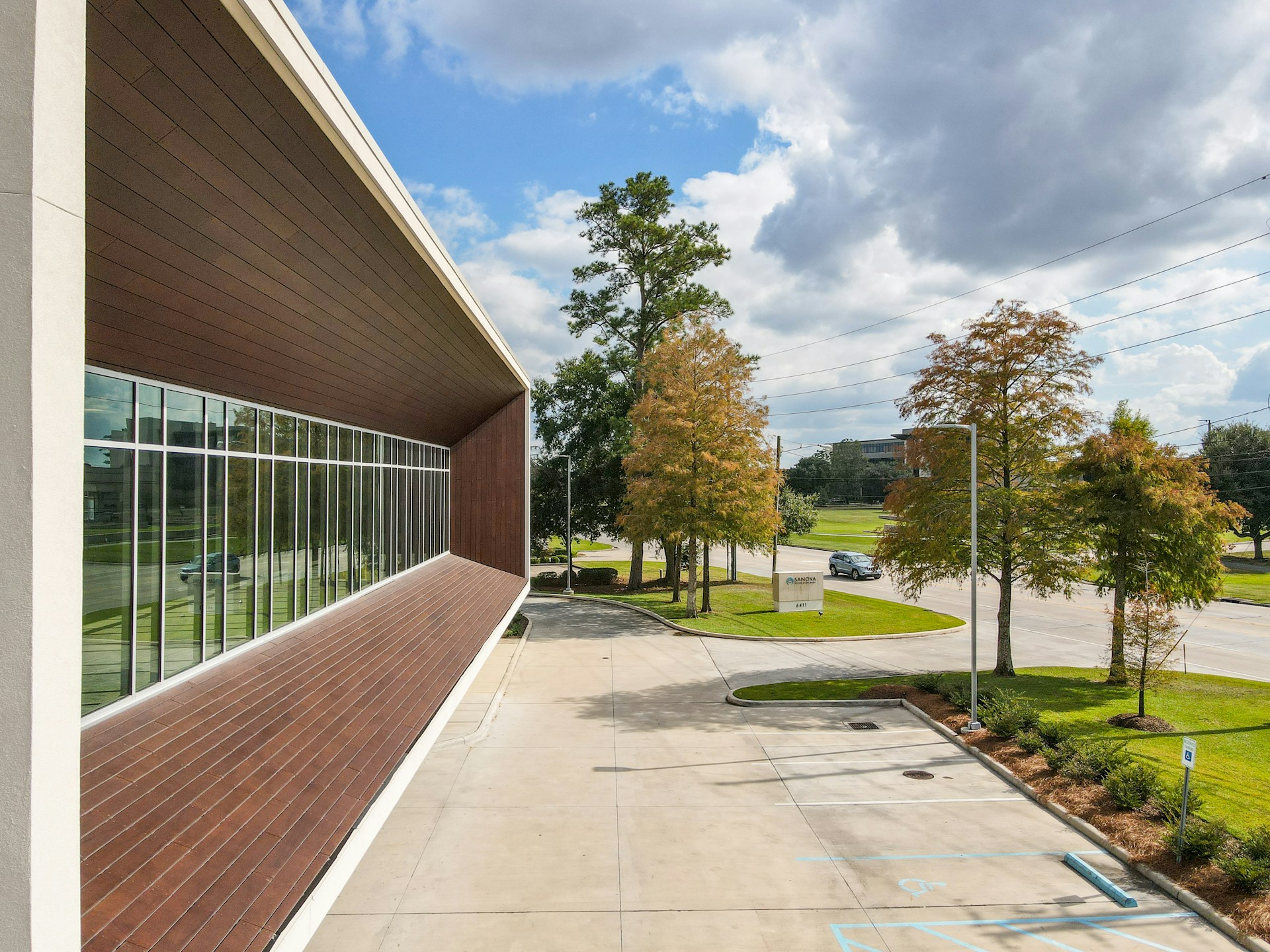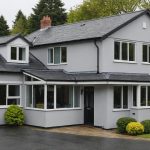If you’ve ever driven through the streets of Swansea and noticed a beautiful, unused commercial building, you might have pondered on the potential it could have. Perhaps you’ve imagined transforming it into a stylish loft, a family home, or a series of apartments. Before you go ahead and make an offer, however, there’s an important question to consider: Is it legal to convert a commercial property into a residential space in Swansea?
This is a complex question, with an answer that depends on several factors including zoning, subdivision, and planning regulations. This article explores these facets in detail, guiding you through the necessary steps and considerations before making such a conversion.
A lire également : What is the process for buying a foreclosed property in the UK?
Understanding Zoning and Subdivision Regulations
The very first thing to understand and clarify is the zoning and subdivision regulations of the commercial property in question. Zoning is a tool used by local governments to segment a town or city into different areas or ‘zones’. Each of these zones has specific rules and regulations about what type of buildings and activities are allowed in that space.
In Swansea, like many other towns and cities, areas are typically divided into commercial, residential, industrial, and other types of zones. If a property is located in a commercial zone, it is primarily intended for commercial activities. If you intend to convert this commercial building into a residential space, you will need to seek a zoning variance or change. This is no simple task, as it involves presentations before the local planning board, public hearings, and can even involve court proceedings.
A lire également : What are the specific insurance requirements for thatched roof homes in Devon?
Likewise, subdivision regulations come into play when you are considering converting a commercial property into multiple residential units. These regulations govern how a piece of land can be divided into lots. This process, like the zoning change, requires approval from the relevant authorities.
The Planning and Application Process
So, how does one go about applying for a zoning change or subdivision? The first step is to submit an application to the local Planning Board. This application should include a detailed plan of what you intend to do with the property. It’s important to remember that this plan should be in alignment with the town’s overall development goals. The planning board will then review the application, and may request further information or clarification.
You should be prepared for this process to take time, and it’s critical to adhere to all the guidelines set out by the Planning Board. Skipping a step or failing to provide all the necessary information could result in delays or even rejection of your application. It’s highly recommended to engage the services of a knowledgeable professional, such as a land use attorney or a planner, who can guide you through the process and increase your chances of success.
Financial Considerations and Permits
Even if your zoning change or subdivision application is approved, there are still other considerations to keep in mind. One of them is the financial aspect. Converting a commercial property into a residential space can be a costly affair. You will need to budget for the costs of renovation, which may include structural changes, installing residential amenities, and adhering to residential building codes.
As part of the conversion, you will also need to obtain various permits. Building permits, electrical permits, plumbing permits, and more may be required, depending on the scope of the renovations. Each of these permits will come with a fee, which should be incorporated into the overall budget for the project.
Ensuring Compliance with Building Codes and Land Use Policies
Finally, you will need to ensure that the conversion of the commercial property into a residential space complies with all relevant building codes and land use policies. These codes and policies are designed to ensure the safety, health, and welfare of the residents, and non-compliance can result in hefty fines and penalties.
For instance, residential properties typically have stricter fire safety requirements compared to commercial properties. This may mean installing fire escapes, fire-resistant doors, and sprinkler systems. There may also be requirements for minimum living space, natural light, ventilation, and access to utilities.
In conclusion, while it is legally possible to convert a commercial property into a residential space in Swansea, it’s a complex process that requires careful planning and compliance with numerous regulations and codes. It’s a task that should not be undertaken lightly and requires professional advice. But, with careful planning, perseverance, and a clear vision, it can be a rewarding endeavor that breathes new life into a previously underutilized space.
Bridging the Gap: Financial Assistance and Private Finance Options
Embarking on a conversion project of a commercial property into a residential space can indeed be a capital-intensive venture. As mentioned above, one has to account for planning board fees, cost of obtaining necessary permits, and most substantially, the renovation costs. This is where private finance comes into play.
Bridging loans, for example, are a popular choice among property developers in Swansea. These are short-term, interest-only loans designed to bridge a gap in your finances. A bridging loan can be a practical solution for those who need money quickly to secure a property or begin renovations. It’s worth booking a consultation with a private finance firm to discuss whether a bridging loan could be a viable option for your commercial residential conversion project.
It is crucial to remember that while bridging loans can provide immediate funds, they often come with high interest rates. Thus, you should have a definitive plan to pay off the loans in a timely manner.
Additionally, it may be worth exploring other avenues such as grants or capital raised from investors. In some cases, the local government might offer assistance for projects that bring value to the town. Check with the Town Clerk’s office in Swansea to see if your project might qualify for any type of financial aid.
The Public Hearing and Editor’s Note
A critical step in obtaining approval for a commercial residential conversion project is the public hearing. It is a forum where the planning board shares the details of your proposed conversion project with the community, and citizens are given the opportunity to express their opinions and concerns.
Your proposed project should take into account the existing proposed land use plans, open space preservation, and the impact on vehicular and pedestrian traffic, among other things. The board will then consider all these factors before making the final decision.
To prepare for the public hearing, it would be worthwhile to gather support from the local community. Show them the benefits of your project – how it will enhance their neighborhood, increase property values, or preserve a historic building. Also, be prepared to address concerns about noise, motor vehicle traffic, and impact on community resources.
Finally, as an editor’s note, it’s worth mentioning that though the process may seem complicated and sometimes daunting, with the right team of professionals and a well-thought-out plan, it’s entirely feasible to transform a commercial property into a beautiful residential space.
In Swansea, there are numerous examples of successful conversions that have added vibrancy and variety to the residential landscape. A commercial property, when converted thoughtfully, can retain its unique character while offering comfortable living spaces. Stick to the guidelines, be patient with the process, and remember, every challenge encountered is a step closer to realizing your dream project.
















